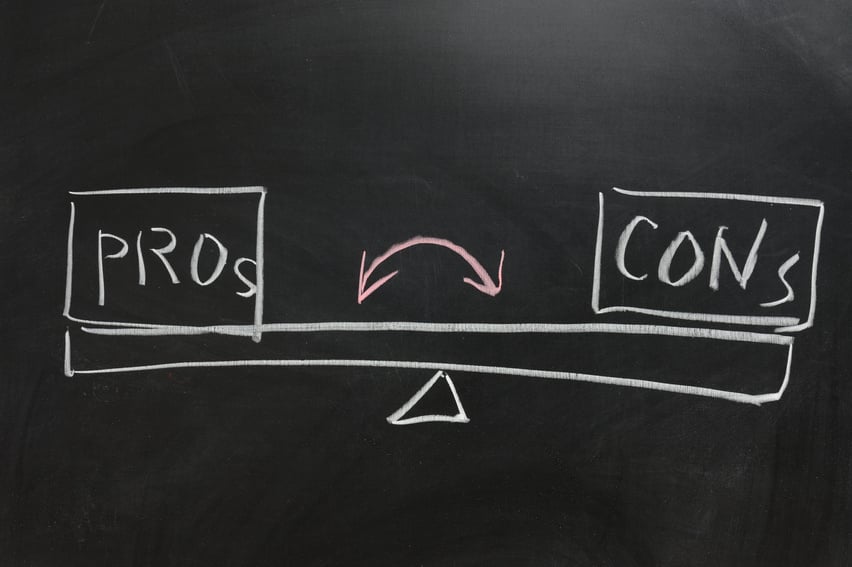Different types of Rent-to-Own and Lease-to-Own Contracts
Learn More about RTO
Rent-to-own homes are an increasingly popular option for people who want to purchase a home but may not have the means to do so immediately. Rent-to-own agreements come in different forms, and it's important to understand the different types of rent-to-own contracts available before signing any agreement. In this article, we will discuss the different types of rent-to-own contracts and the process involved in each.
- Lease Option: This is the most common type of rent-to-own agreement. In a lease option agreement, the buyer and seller agree on a purchase price for the home, and the buyer has the option to purchase the property at the end of the lease period. The lease period is typically between one and three years, although it can be longer. The buyer typically pays an option fee upfront, which is usually between 1-5% of the purchase price. If the buyer decides to purchase the property at the end of the lease, the option fee is applied towards the down payment. If the buyer decides not to purchase the property, the option fee is typically non-refundable.
- Lease Purchase: A lease purchase agreement is similar to a lease option, but the buyer is contractually obligated to purchase the property at the end of the lease period. In this type of agreement, the buyer typically makes a larger upfront payment, which is applied towards the down payment. If the buyer is unable to secure financing or does not want to purchase the property at the end of the lease, they may forfeit their upfront payment.
- Land Contract: A land contract is a type of agreement where the seller finances the purchase of the property. In this type of agreement, the buyer makes monthly payments directly to the seller, and the seller retains the deed to the property until the buyer has paid off the purchase price in full. Once the purchase price is paid in full, the seller transfers the deed to the buyer.
The process of a rent-to-own contract typically involves several steps. First, the buyer and seller agree on the terms of the agreement, including the purchase price, lease period, and any option fees or upfront payments. The buyer may also need to undergo a credit check to ensure they are able to qualify for a mortgage at the end of the lease period.
Once the terms of the agreement are agreed upon, the buyer moves into the property and begins making monthly payments. The monthly payments are typically divided into two portions: rent and an option fee. The rent portion of the payment is used to pay for the use of the property, while the option fee is applied towards the down payment if the buyer decides to purchase the property at the end of the lease period.
If the buyer decides to purchase the property at the end of the lease period, they will typically need to secure financing from a mortgage lender. The option fee is applied towards the down payment, and the buyer is responsible for paying the remaining portion of the down payment, as well as any closing costs associated with the purchase. If the buyer is unable to secure financing, they may forfeit any option fees or upfront payments and will not be able to purchase the property.
It's important to carefully consider the terms of the agreement before signing any rent-to-own contract. Buyers should review the purchase price, monthly payments, lease period, and any other fees associated with the agreement. It's also important to work with a real estate professional who has experience with rent-to-own contracts to ensure the process goes smoothly.
In addition, buyers should have a clear understanding of their financial situation and be aware of the risks associated with rent-to-own agreements. If the buyer is unable to secure financing at the end of the lease period, they may forfeit any option fees or upfront payments and will not be able to purchase the property




